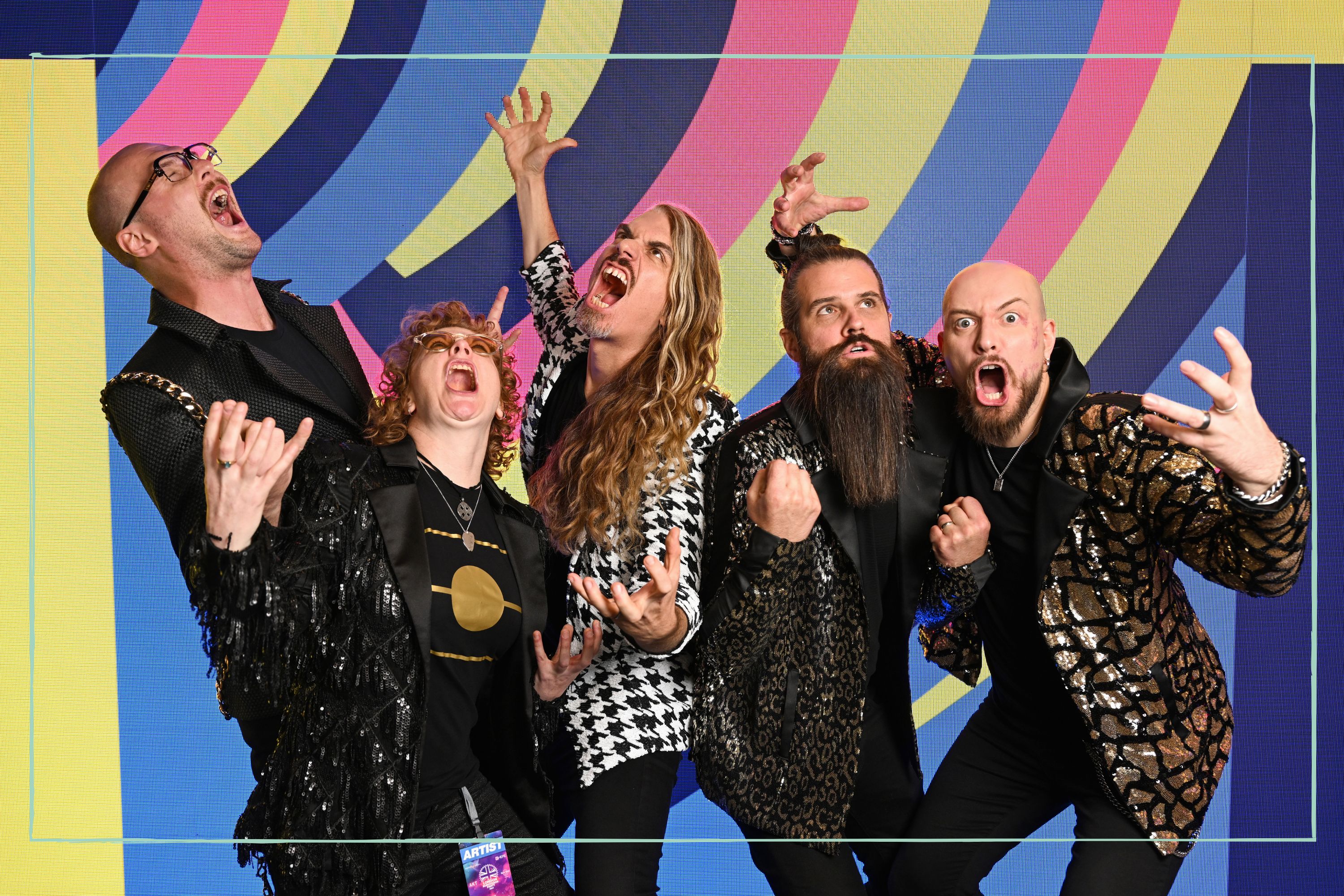
The Eurovision Song Contest has finally arrived, and as fans get their first look at the acts, many are wondering why Australia is in Eurovision.
The annual competition kicked off in Liverpool earlier this week, with 2023 Eurovision presenters Hannah Waddingham, Alesha Dixon and Julia Sanina introducing the semi finalists to those who were lucky enough to het their hands on Eurovision tickets - and the rest of us watching at home.
With the competition taking place in the UK this year on account of 2022 winners Ukraine being unable to host amid the war with Russia, the nation has high hopes for UK Eurovision entry Mae Muller. But viewers also have questions about the other countries taking part, with many curious as to why Australia is in Eurovision - despite it being a European competition. Here's what we know...
Why is Australia in Eurovision?
Australia joined Eurovision in 2015 to commemorate the competition’s 60th anniversary. The European Broadcasting Union (EBU) and Austrian host broadcaster ORF allowed it because of Eurovision’s popularity in the country.
Initially, it was supposed to be a one-off appearance - as part of that year's 'Building Bridges' theme - but Australia has appeared in the competition ever since its debut. Then, in February 2019, Eurovision confirmed that Australia had secured a spot in the competition until 2023 - and it's yet to be confirmed whether this will now be extended to 2024.
Before this, the Eurovision Song Contest has been broadcast in Australia every year since 1983, and Australian performers such as Olivia Newton-John even took part for other countries. The country also provided acts to perform in the show’s interval.
And Australia isn't the only country outside of Europe to take part - Israel has had an entry in every year since 1973, and won the contest three times. Other non-European countries that have competed in the past include Morocco and Azerbaijan.
What happens if Australia wins Eurovision?
Even if Australia won Eurovision, the contest would not take place in the country. This is because there’s a rule in place that if Australia wins, they must nominate a European co-host to stage the competition on their behalf.
So, unfortunately for Australian fans, they'll have to continue to watch the live contest in the early hours of the morning.
Has Australia ever won Eurovision?
Australia has never won the Eurovision song contest, though it did come in second place in 2016. Dami Im’s 'Sound of Silence' earned the country 511 points - 191 points from the televoting and 320 points from the juries - and came first in the semi-finals.
In its debut year in 2015, Australia automatically reached the final as a special guest with their entry 'Tonight Again' by Guy Sebastian. They came in 12th place and scored 196 points.
Since 2018, Australia's Eurovision entries have been decided through a national TV show contest, called 'Australia Decides'. A total of 10 entries take part, and the winner is decided by both public televote and the votes of a professional jury panel.
Australia 2023 Eurovision entry
Australia is sending progressive metal band Voyager to the 2023 contest, with their song 'Promise'. The track is a mix of heavy guitar and more upbeat pop.
According to Betfair.com, Australia's current odds of winning the 2023 Eurovision Song Contest are 150/1. Meanwhile, the UK's entry has respectable odds of 66/1, while Sweden are the current favourites with 8/13 odds.
Video of the Week







